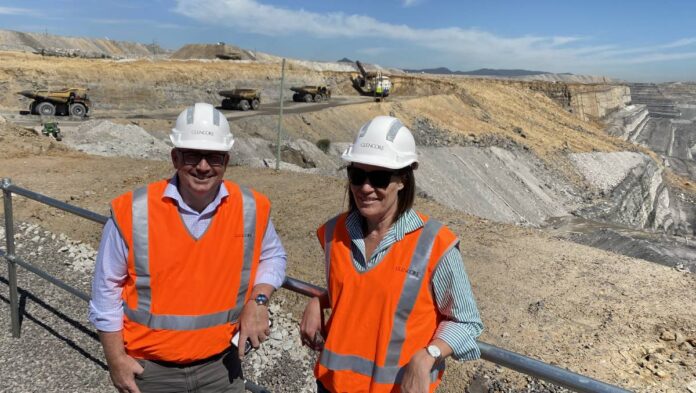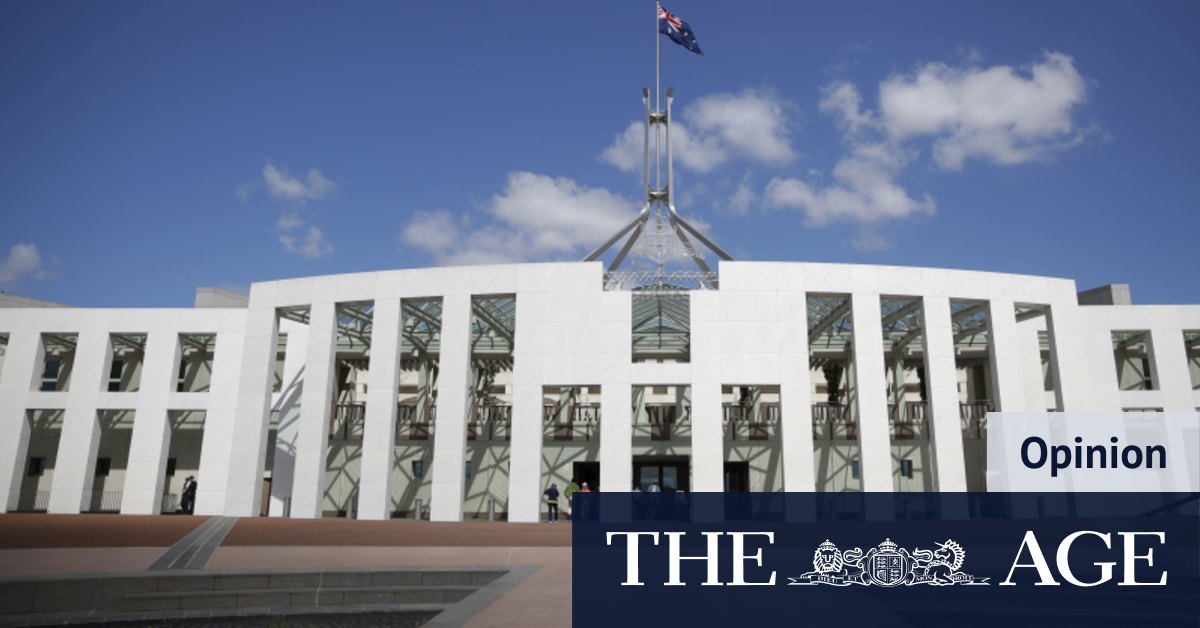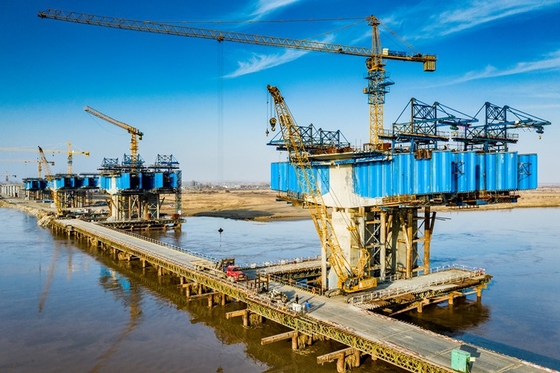news, local-news, coal, albanese, keith pitt, energy, electricity, politics, newcastle, newcastle herald
THE Hunter Region’s long history as a Labor stronghold means that visits from leading politicians – federal Coalition heavyweights, especially – are generally rare outside of formal election campaigns. Some of the MPs visiting now – or scheduled to arrive in the not-too-distant future – might have landed on top of each other thanks to the lifting of COVID-19 travel restrictions, but federal Resources Minister Keith Pitt had the honesty to acknowledge to the Newcastle Herald yesterday that Labor’s caucus blow-up over climate change was a factor in him getting to the region before the embers of the fire went cold. Hunter residents will view the sudden interest in the region through their particular political prisms. Joel Fitzgibbon, the MP at the centre of the Labor ruckus, described the attention as a good thing. It could well help policy-makers focus on the human impact in the coal towns involved. At a state government level, the Electrical Infrastructure Roadmap – which the Newcastle Herald has explored in some detail this past week – represents a clear attempt to put the broad themes of the energy revolution into practical terms. A WEEK’S WORTH OF POWER It puts the cost of replacing the four Hunter power stations that still supply most of the state’s electricity at more than $30 billion. Federal Labor’s proposal, Rewiring The Nation, is a more modest $20 billion. However the job is tackled, it will require a massive engineering project that could reasonably be likened in scale to the National Broadband Network. The arrival of the Roadmap also revived debate on the need for a “just transition” for the tens of thousands of people whose livelihoods depend on the mines or the industries that surround them and the coal trade. Most of the Hunter’s coal goes to overseas power stations, but if pumped hydro works in NSW, it will work elsewhere. The more success power industries worldwide have with energy storage, the less they will need baseload coal. The correlation is inescapable. “Protecting” work is important, but ultimately, this region’s success must come from new technologies, new industries, new ideas. Those industries must create jobs in this region if we are to turn from coal without abandoning those whose coal-based labour has kept the lights on, enabling others to design a new “renewable” future. ISSUE: 39,466. While you’re with us, did you know the Newcastle Herald offers breaking news alerts, daily email newsletters and more? Keep up to date with all the local news – sign up here IN THE NEWS:
/images/transform/v1/crop/frm/3ArTPYWJ7uTzcYp6Sg47gg6/24ec1270-68d0-4433-8f04-8ffffb31ba41.jpeg/r0_373_4032_2651_w1200_h678_fmax.jpg
THE Hunter Region’s long history as a Labor stronghold means that visits from leading politicians – federal Coalition heavyweights, especially – are generally rare outside of formal election campaigns.
Some of the MPs visiting now – or scheduled to arrive in the not-too-distant future – might have landed on top of each other thanks to the lifting of COVID-19 travel restrictions, but federal Resources Minister Keith Pitt had the honesty to acknowledge to the Newcastle Herald yesterday that Labor’s caucus blow-up over climate change was a factor in him getting to the region before the embers of the fire went cold.
Hunter residents will view the sudden interest in the region through their particular political prisms. Joel Fitzgibbon, the MP at the centre of the Labor ruckus, described the attention as a good thing. It could well help policy-makers focus on the human impact in the coal towns involved.
At a state government level, the Electrical Infrastructure Roadmap – which the Newcastle Herald has explored in some detail this past week – represents a clear attempt to put the broad themes of the energy revolution into practical terms.
It puts the cost of replacing the four Hunter power stations that still supply most of the state’s electricity at more than $30 billion.
However the job is tackled, it will require a massive engineering project that could reasonably be likened in scale to the National Broadband Network.
The arrival of the Roadmap also revived debate on the need for a “just transition” for the tens of thousands of people whose livelihoods depend on the mines or the industries that surround them and the coal trade.
Most of the Hunter’s coal goes to overseas power stations, but if pumped hydro works in NSW, it will work elsewhere.
The more success power industries worldwide have with energy storage, the less they will need baseload coal.
The correlation is inescapable.
“Protecting” work is important, but ultimately, this region’s success must come from new technologies, new industries, new ideas.
Those industries must create jobs in this region if we are to turn from coal without abandoning those whose coal-based labour has kept the lights on, enabling others to design a new “renewable” future.

RETURN VISIT: Anthony Albanese at Varley Group in Carrington last month, with Shortland MP Pat Conroy to his right. Picture: Jonathan Carroll
While you’re with us, did you know the Newcastle Herald offers breaking news alerts, daily email newsletters and more? Keep up to date with all the local news – sign up here










